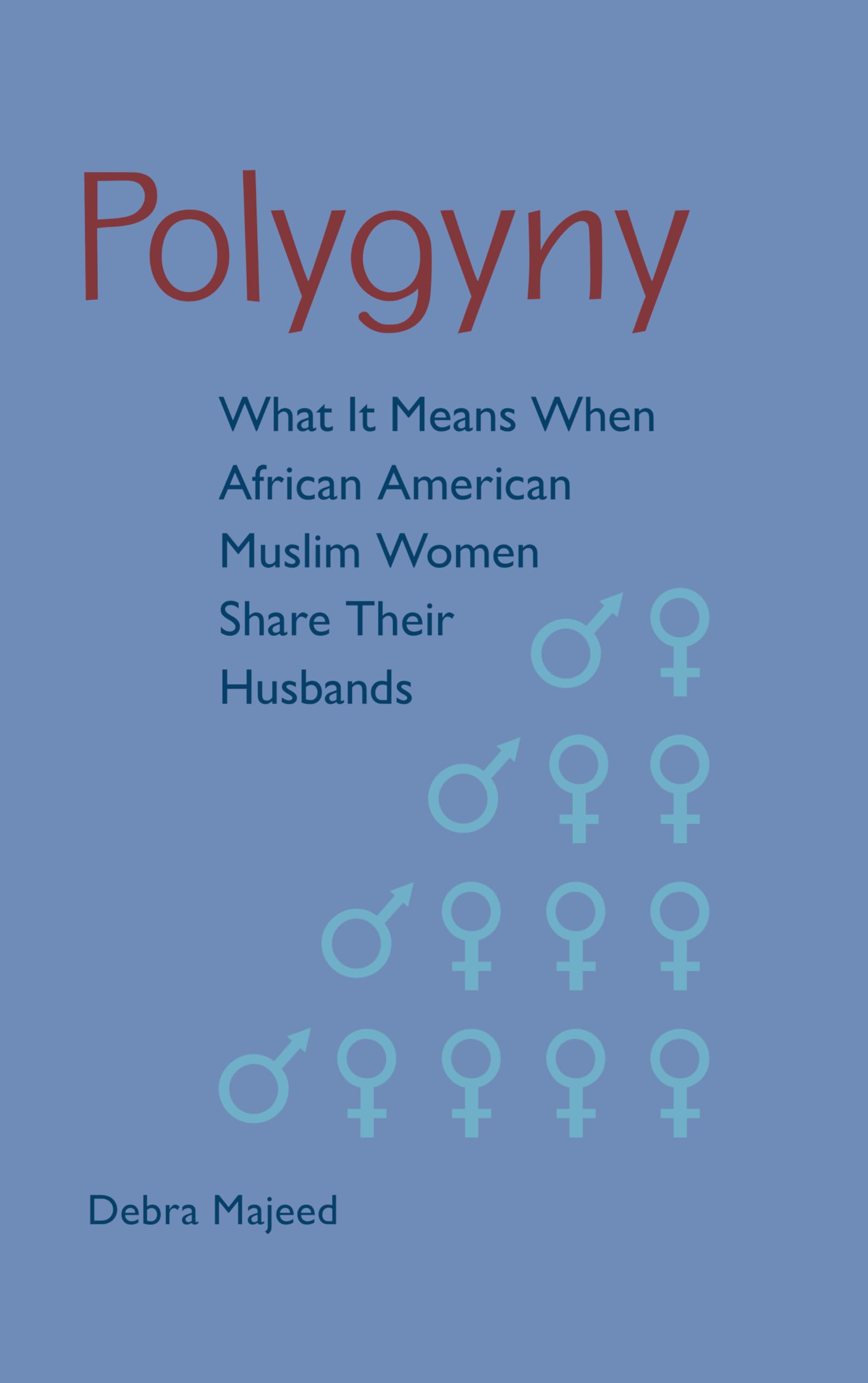Customer Services
Copyright © 2025 Desertcart Holdings Limited


Full description not available
V**A
must read
wonderful ethnographic book centered around women’s experience
K**R
I taught this book in an introductory gender and Islam class and my students loved it!
This groundbreaking book provides an accessible and compelling account of African-American women in polygynous marriages. Rooted in Muslim womanism, Majeed uses surveys, oral history, and ethnography to examine African-American women's justifications and motivations for choosing polygyny, as well as the social and legal consequences of their choices. This is a must read for anyone interested in Muslim women, African-American religious history, or innovative ethnography. I taught this book in an introductory gender and Islam class and my students loved it!
S**N
Multiple-Wife Households from the Perspective of African American Muslim Women
With Polygyny, author Debra Majeed provides a personal yet scholarly investigation into a practice that is not well understood for its complexity, its function within the African American Muslim community, and its relationship to family law within Islam as well as to the American legal system. Her crisp descriptive stories of Muslim women and their families associated with the practice are embedded in a philosophical perspective she identifies as Muslim womanism and in her ethnographic evidence from 2003 to 2013. Readers are introduced to a range of issues that are rich in texture, as they are the basis for examining women’s agency and authority in such marital relationships, religious prescriptions in the Qur’an, legal forms of legitimation for polygyny, Imam Mohammed’s teachings on polygyny, and psychological factors associated with the well being of women and children in multiple-wife marriages.Throughout the well-crafted six chapters, Majeed stays focused on her intent “to encourage self-examination of Muslim American family life and promote closer attention to the welfare of African American communities, American families, and society as whole” (6). In the Afterword, she also provides practical suggestions that follow up on her intellectual exploration into the lives of her subjects. These suggestions include five recommendations: 1). engage in meaningful dialogue and education about forms of Islamic marriage within the context of the secular United States; 2). require local mosques and Islamic organizations to document marriage registrations; 3). state the relationship a wife envisions in marriage contracts and encourage families to seek advice from knowledgeable and respected community members, marriage therapists, and family law experts; 4). encourage first and potential subsequent wives to communicate with each other prior to any multiple-wife marriage; and 5). remove communal acceptance of marriage ceremonies that take place without a husband’s current wife (or wives) knowledge.Of particular interest to this reader are the reasons that African American Muslim women enter into polygyny. For some it is a matter of recognizing that multiple-wife marriage is permissible based on the Qur’an and it ensures the survival of family (Sawdah); for some it is a way to be chaste and avoid bad situations (Zuhara); and for some it is a means to avoid unwanted attention and attain security, status, and honor (Lamisha). Significantly, for all the women in Majeed’s fictional performance in chapter two, the method of presentation allows her to use her informants, with whom she had multiple interviews, to discuss issues with each other and to communicate their thoughts about their life circumstances in their own words. In doing so, Majeed ably succeeds in her laudable intent to “link [her] intellectual explorations to practical applications that can benefit communities and subjects [she] stud[ied]” (133). The contributions Polygyny makes to scholarship and to praxis is that it demonstrates an inclusivity that Majeed envisions is needed to open up potential spaces for further examination and development on this topic. So that, while she neither promotes nor condones polygyny, she supports its decriminalization—a book on this topic is what I hope awaits her readers.Audiences for this text include both readers wanting to understand choices available to African American Muslim women within a polygynist family and readers aspiring to understand with greater depth the historical, religious, and sociological context of this particular marital relationship.
K**I
Centered on African American Muslim women's experiences
This long-awaited book explores polygyny (one man married to more than one woman) among African-American Muslims. Debra Majeed's starting point is women's experience. Studying practices such as polygyny or divorce not from abstract doctrines but from women’s experiences of living in, with, or through them is radical. Majeed treats women as a source of knowledge about Islam, taking seriously experiences of Muslim women who “share their husbands.” Muslim womanism, in Majeed’s view “positions the experiences and wisdom of women at the forefront of any consideration of Muslim family life.” Women's experiences of polygyny (as of marriage in general) differ considerably; some find it liberatory while others, perhaps most, struggle to varying degrees. I taught this book in a seminar on Women, Gender, and Islam, where students really appreciated the stories and the grounding in contemporary American life but wished for additional analysis of patriarchal marriage more generally. I have also used the chapter on W.D. Muhammad’s interpretation of the scriptural verses on polygyny with great success in my Qur’an class.
Trustpilot
4 days ago
1 month ago